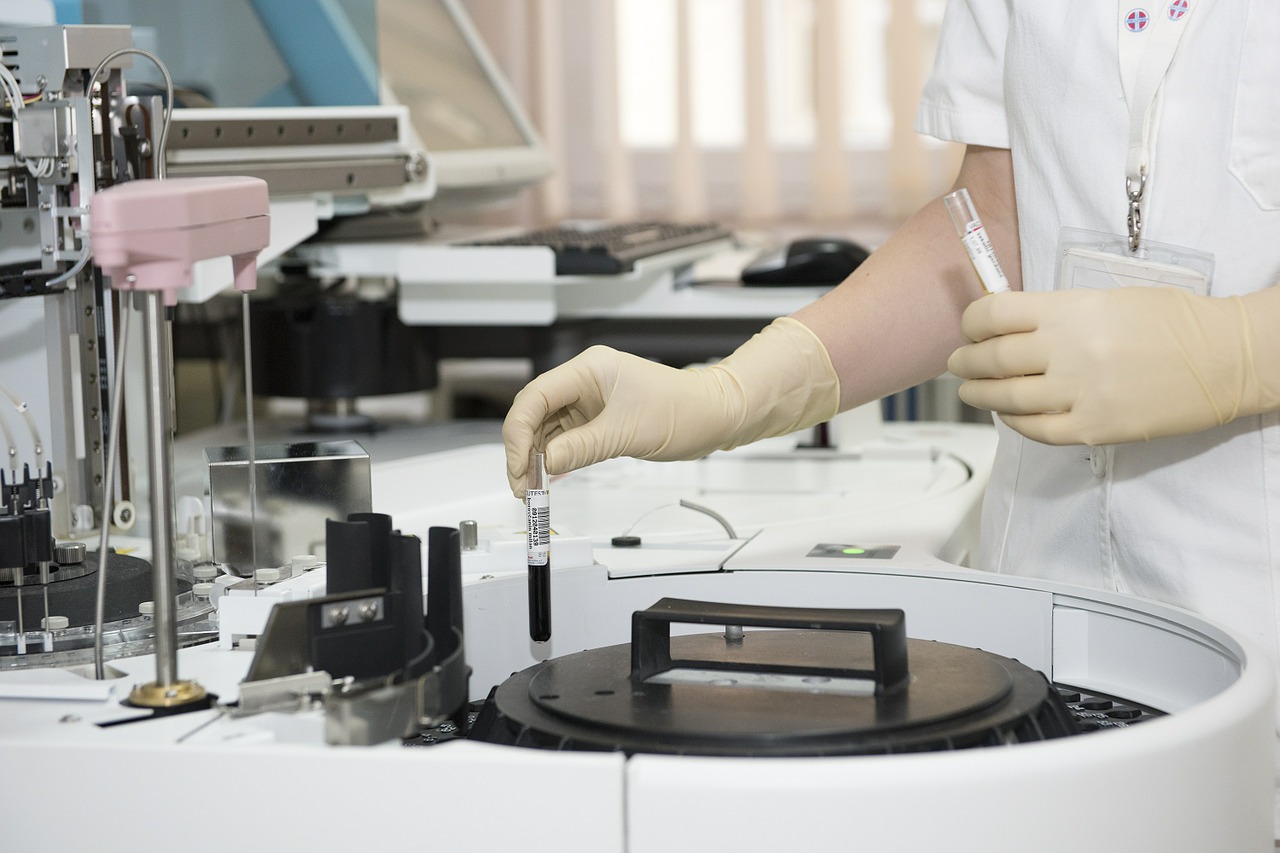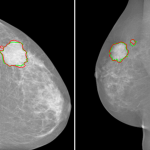Diatabase: France’s first diabetes database
The M4P consortium has received the go-ahead from Bpifrance to implement its project to build a clinical diabetes database called Diatabase. The consortium headed by Altran also includes French stakeholders in diabetes care, the companies OpenHealth and Ant’inno, as well as IMT and CEA List. The consortium aims to improve care, study and research for this disease that affects 3.7 million people in France. The M4P project was approved by the Directorate General for Enterprise of the French Ministry for Economy and Finance as part of the Investissements d’Avenir (Investments for the Future) program-National fund for the digital society.
In France, 3.7 million people are being treated for type 1 or type 2 diabetes, which represents 5% of the population. The prevalence of these diseases continues to increase and their complications are a major concern for public health and economic sustainability. Modern health systems produce huge quantities of health data about the disease, both through community practices and hospitals, and additional data is generated outside these systems, by the patients themselves or through connected objects. The potential for using this massive data from multiple sources is far-reaching, especially for advancing knowledge of diabetes, promoting health and well-being of diabetes sufferers and improving care (identifying risk factors, diagnostic support, monitoring the efficacy of treatment etc.)
Supported by a consortium of multidisciplinary experts, and backed by the Directorate General for Enterprise of the French Ministry for Economy and Finance, the M4P project aims to build and make available commercially a multi-source diabetes database, “Diatabase,” comprising data from hospitals and community practices, research centers, connected objects and cross-referenced with the medical-economic databases of the SNDS (National Health Data System).
The project seeks to “improve the lives and care of diabetes sufferers through improved knowledge and sharing of information between various hospital healthcare providers as well as between expert centers and community practices,” says Dr Charpentier, President of CERITD (Center for Study and Research for Improvement of the Treatment of Diabetes) one of the initiators of the project. “With M4P and Diatabase, we aim to promote consistency in providing assistance for an individual within a context of monitoring by interdisciplinary teams and to increase professionals’ knowledge to provide better care,” adds Professor Brigitte Delemer, Head of the Diabetology department at the University Hospital of Reims and Vice-President of the CARéDIAB network which is also involved in the M4P project.
“The analysis of massive volumes of ‘real-life’ data involves overcoming technical hurdles, in particular in terms of interoperability, and will further the understanding of the disease while providing health authorities and manufacturers with tools to monitor the drugs and medical devices used,” says Dr Jean-Yves Robin, Managing Director of OpenHealth, a company specializing in health data analysis which is part of the M4P project.
The M4P is supported by an expert consortium bringing together associations of healthcare professionals active in diabetes, such as CERITD, the CARéDIAB network, the Nutritoring company; private and public organizations specializing in digital technologies with Altran, data analysis with OpenHealth and ANT’inno, associated with CEA List for the semantic analysis and use of unstructured data, and finally, Institut Mines Telecom, which is providing its Teralab platform, a secure accelerator for research projects in AI and data, and its disruptive techniques for preventing data leaks, misuse and falsification based on data watermarking technology as well as methods for processing natural language to reveal new correlations and facilitate prediction and prevention.
“Thanks to the complementary nature of the expertise brought together through this project, its business-focused approach and consideration of professional practices, M4P is the first example in France of structuring health data and making it available commercially in the interest of the public good,” says Fabrice Mariaud, Director of Programs, Research and Expertise Centers in France for Altran.
The consortium has given itself a period of three years to build Diatabase and to make it available for use, to serve healthcare professionals and patients.





Leave a Reply
Want to join the discussion?Feel free to contribute!